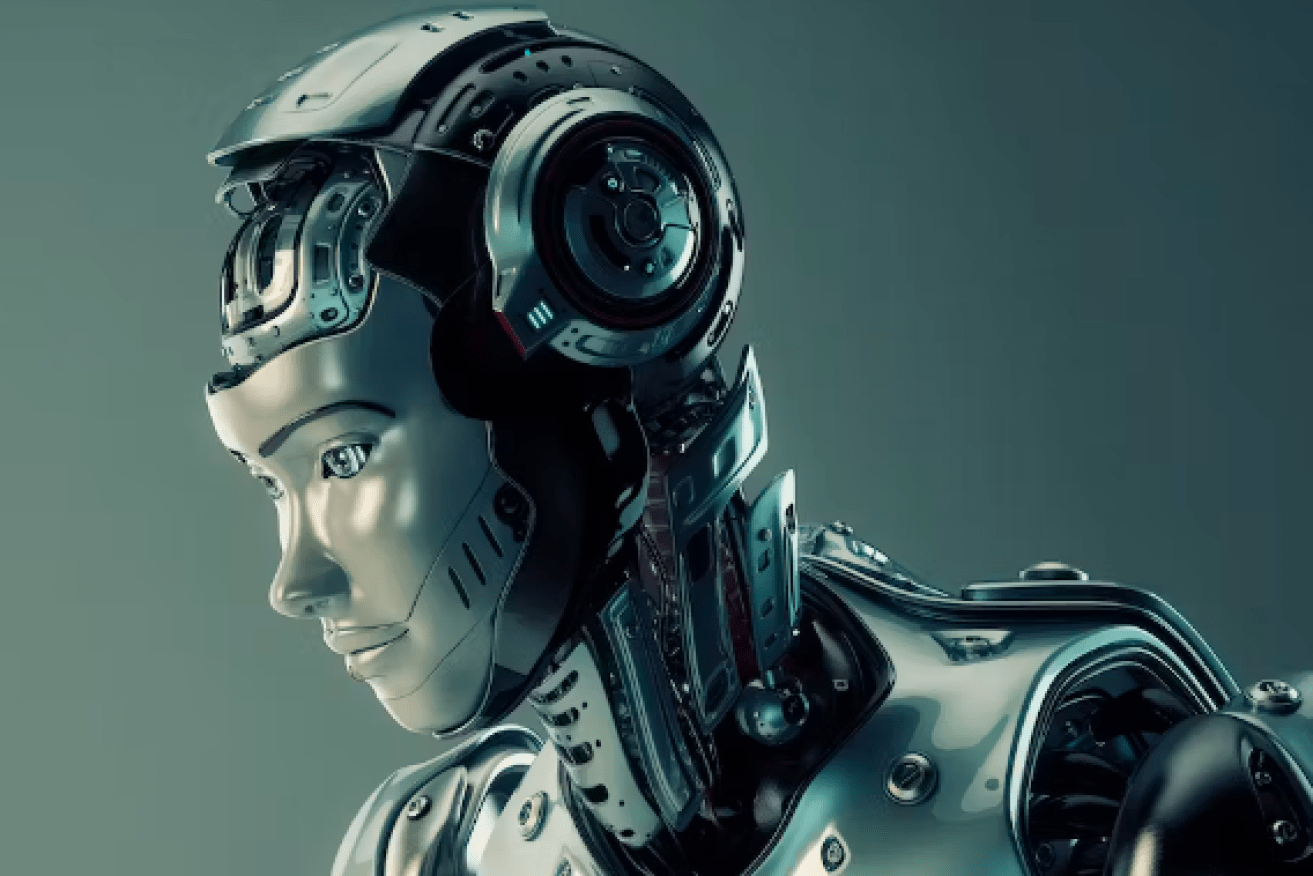Not so good at remembering names, but AI changes to tech sector will be ‘profound’
Atlassian co-founder Scott Farquhar believes artificial intelligence will present profound changes to the tech sector similar to the advent of the internet and cloud computing. It’s also going to come with a lot of pain and loss.


AI has hurdle to overcome (Image: The Conversation)
The Australian Tech Council conference heard about the huge potential of AI and Farquhar said it would lead to the birth of new companies in the same way as the creation of the internet gave us Google.
Companies may also be left behind in the same way that Microsoft missed the same boat that Google sailed on, Farquhar said. Of course, there is always the example of Kodak and how digital photography and smartphones left it behind.
He said every 10 years or so technology advanced in a leap that led to questions about whether it was good or bad for the world and obviously we have yet to have any clear evidence either way about that when it comes to AI.
As Farquhar pointed out, Uber and companies like it, rode the wave of 4G internet and that has delivered obvious benefits.
The problem is that a lot of what is called artificial intelligence is well, not even smart.
The definition of AI is the ability of a computer or a robot controlled by a computer to do tasks that are usually done by humans because they require human intelligence and discernment. There is already a lot of spectacular advancements and US President Joe Biden last week said the technological breakthroughs of the next few years would be bigger than the past 50 years, which is a pretty big claim to make.
But a lot of companies and products will be trying to ride the AI wave. There will be AI scams and complete duds.
Examples are already emerging of how it can benefit the world by taking away simple and boring tasks but it would be stupid to say it would stop there.
It was likely to take a lot of jobs but as Farquhar said, it was also likely to create a lot more and probably in ways we have yet to imagine.
Among its advantages were that it could take away tasks considered high-risk, dangerous or boring. Hopefully, it can improve the bots people have to deal with when trying to query a bill or a faulty service.
A few years ago, Amazon used AI in a trial for its recruitment of workers. It ranked candidates from one to five stars but was found to discriminate against women. That is clearly not an advance on the current situation which already discriminates against women in the workforce.
But also consider that University of Queensland last week revealed how AI was being used in a diagnostic tool, which is a pointer to other future benefits in medicine. There have also been suggestions that it could be used in surgery where human error could cost a life.
AI does present opportunities that most people have yet to grasp, but it also has a long way to go at its very basic levels.
As an experiment, I tried a new AI app that transcribes speech in real time. It’s pretty clever and fast, but badly flawed, comically so.
The transcript generated by the app of Premier Annastacia Palaszscuk’s speech to the tech council conference was so littered with errors it would be impossible to rely on it.
The name of Tesla chair Robyn Denholm became Robin Denmark, Queensland’s chief entrepreneur Julia Spicer became Julia sit down please and Joe Brumm, the creator of Bluey, became Joe the creator of glowing. Co-founder of Go1 Vu Tran became co-founder of Vaughn, the Train, and Fortitude Valley became Georgia Valley.
And I doubt the Premier would have ever told the crowd that “you don’t need to have a presence in Queensland”, but that’s what turned up in the transcript.
It would be glib and superficial to write off all AI as flawed as that example, but obviously, there will be good and bad to come from its birth and it is too early to take for granted that it can deliver what humanity wants.
It is expected to reduce human error but some estimates have made the claim that AI would take away about 375 million jobs, globally. However, it is far too early to say that will be true.
The simple message is that so far, AI is not yet smart enough to adopt without some clear oversight.












